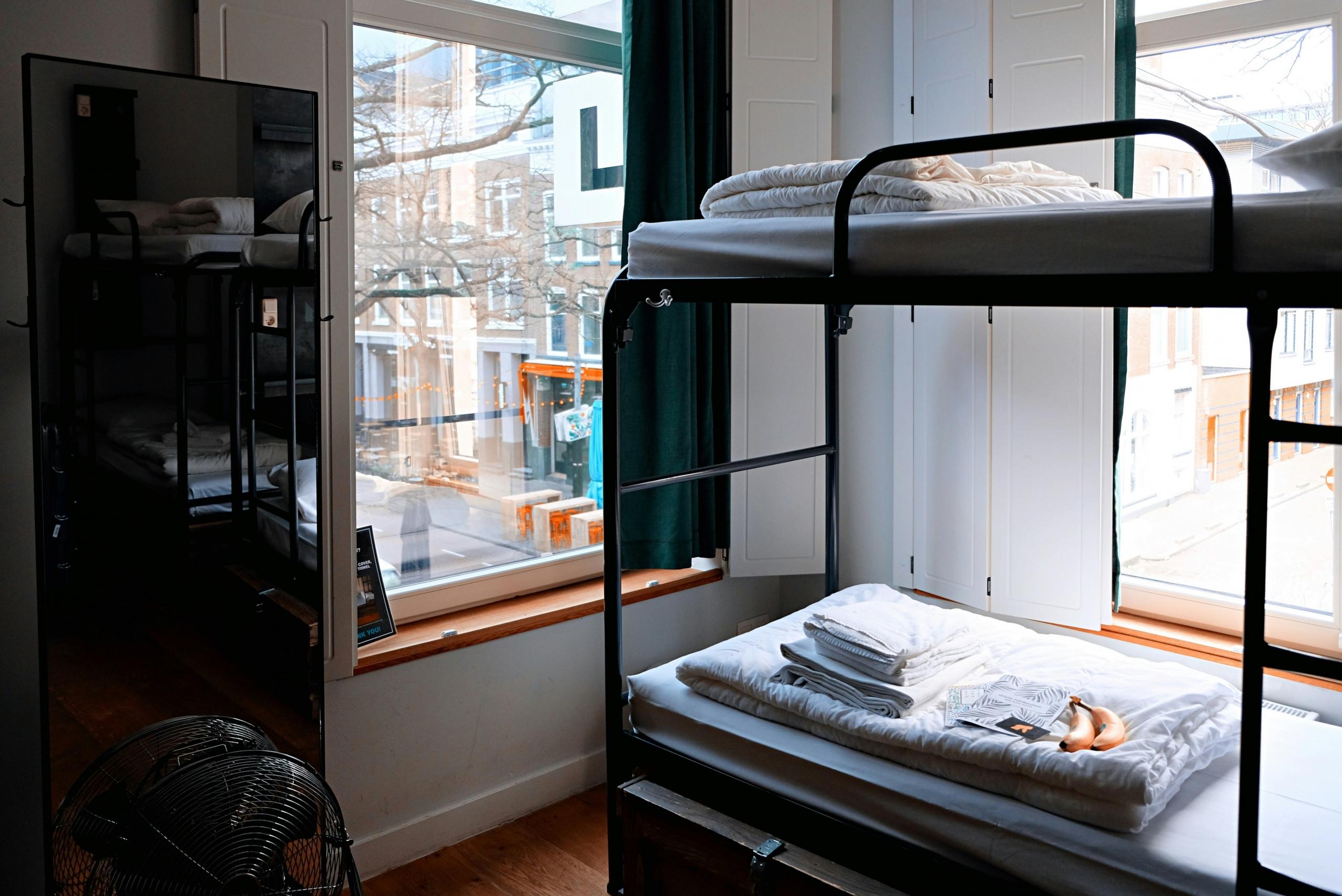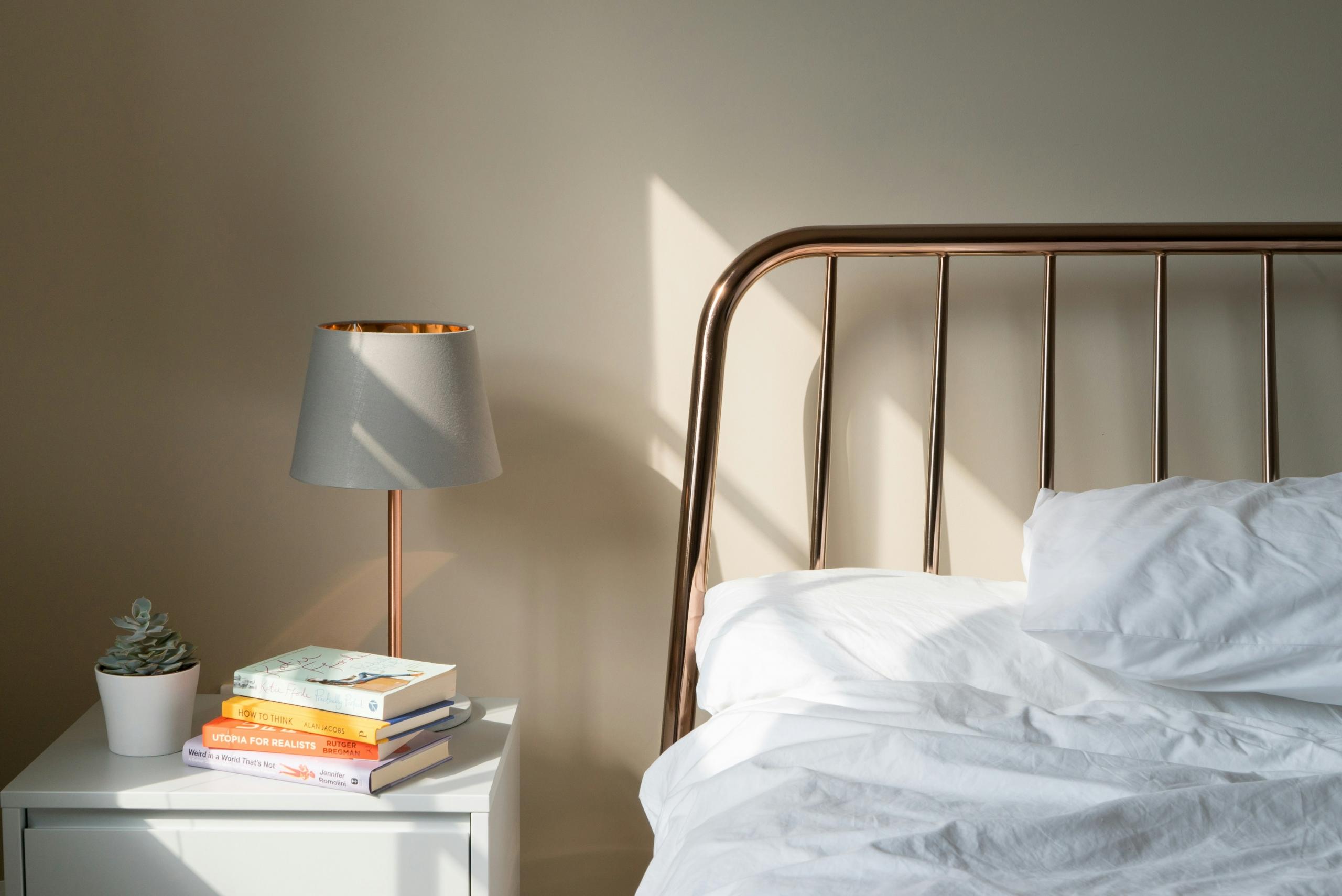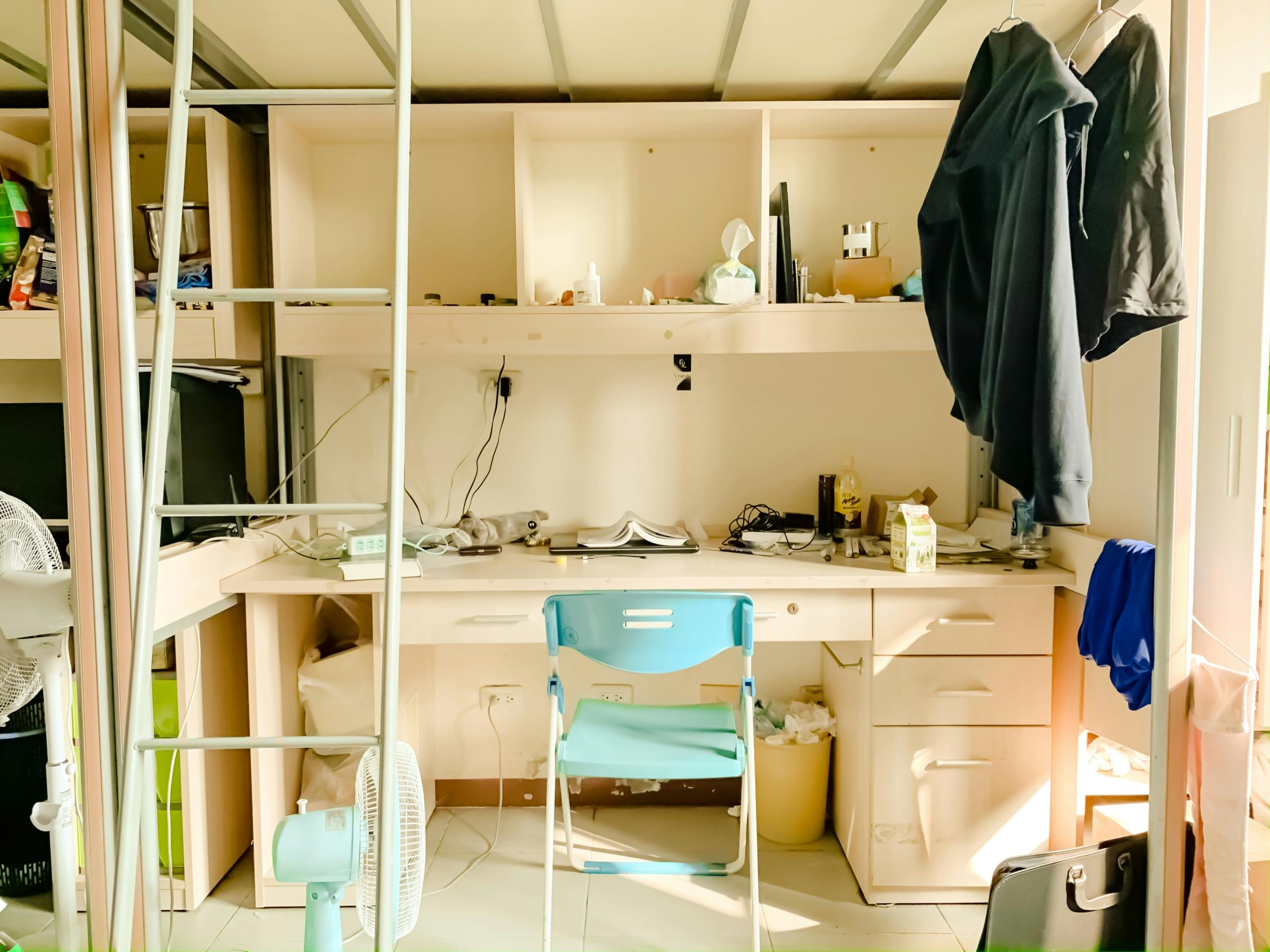Whether you’re going into your first term at university, or trying to find accommodation for another year, finding suitable accommodation can be difficult due to many factors. There are a variety of options to choose from, whether you're considering living in student halls, private halls, a flatshare or private accommodation. Considerations such as pricing, location, amenities, etc. can all affect your decision.
The longer you spend looking for accommodation, the harder it can become to decide, as one option may have something the other does not, whereas that same option lacks in another area.
Hopefully, this article can shed some insight to help your decision on your next place of stay.

Key Considerations
Cost can be the main issue when it comes to university accommodation. It is important to run the numbers against your own budget, and consider your student loans in this equation. Being able to afford where you plan to live is the most important step.
The location of your accommodation can also be a priority. Sometimes the accommodations nearest your university may not have easy access to things like supermarkets, or a good nightlife, whereas further away accommodation could become more expensive.
The type of housing may change as you look further away also, from dormitories on or near campus, to shared houses and individual flats outside of or far away. Different styles of housing will carry different pros and cons with them.
Which student accommodation should I choose?
Choosing the right type of accommodation is a crucial decision for university students in the UK, as it can significantly impact their overall university experience. Understanding the benefits and drawbacks of each option can help students make an informed decision that best suits their lifestyle, budget, and preferences.
| Accommodation Type | Advantages | Disadvantages |
|---|---|---|
| University Halls | Social opportunities, proximity to campus, all-inclusive bills | Can be noisy, limited personal space, less independence |
| Private Halls | Modern facilities, all-inclusive bills, social events | More expensive, less integration with university community |
| Shared Houses/Flats | Independence, typically cheaper, flexible living arrangements | Variable quality, responsibility for bills and maintenance |
| Studio Apartments | Privacy, independence, often modern facilities | More expensive, isolation, limited space |
| Homestay | Cultural experience, often cheaper, home-like environment | Less independence, potential cultural adjustment, less privacy |
Budgeting
Sometimes, accommodations may not include all the amenities you require. Things like your electricity bills, internet, and other utilities may need to be considered. In cases like these, it is essential to allocate a monthly budget to these. When budgeting, you should take all aspects of your finances into consideration.
🇬🇧 Average monthly student rent in the UK per month was £535 in 2023.
🛏️ Average monthly student rent in Yorkshire was £550
🏠 Average monthly student rent for London was £633
Checking the average cost of wherever you plan on studying can significantly help when it comes to budgeting, as the region will also affect your maintenence loan and grant numbers.

Living on-campus and off-campus
Deciding between on and off-campus living is a major decision. Both have advantages and disadvantages, and knowing these will help in deciding which is best for you.
Benefits of living on-campus
Convenience and accessibility
Living on campus allows you much easier access to facilities such as libraries, gyms, food courts and other important facilities, saving time and reducing costs of commuting.
Another benefit can be safety. Universities put a lot of effort into keeping their accommodations safe and secure, utilising security personnel, key card access and other safety measures to ensure the security of students and their belongings.
If you are someone who enjoys social interactions, another benefit of on-campus living may be the increased opportunities to meet and socialise with other students. Participating in events, societies, or other groups can become much easier when living on campus.
Comprehensive costs
Housing on-campus usually includes internet, utilities and sometimes meal plans, which can help with budget management and allocation.
Flexible lease terms are often offered for on-campus accommodation, which typically aligns with the academic year, but can also be on a term to term basis.
Support
Universities typically have support networks setup, so whether you’re having personal issues, interpersonal problems, issues with your courses, or anything else that has you troubled, your university will have something available to help you.

It can also allow you to easier access study groups, tutoring sessions, lecturers' offices between lectures, and other academic resources.
Benefits of living off-campus
Options
Living off-campus gives a wider range and choice of housing arrangements. From shared houses to single flats or even renting an entire house, it gives you more variety to find something that fits your budget and preferences.
It may also allow more options to tailor your living environment for yourself, with potential for different furnishings or decorations, you can adjust your accommodation to your taste.
Privacy and independence
Living according to your own arrangements provides more real-world experience with responsibilities like managing bills, dealing with a landlord and lease, shopping for groceries and necessities, etc.
You will also be afforded more privacy in most cases, with options for private bathrooms, kitchens, or entire flats, although in some cases you may still have to deal with sharing these.
Cost saving
Living according to your own budget can potentially lead to being able to cut costs in areas where you otherwise would not be able to, especially in the cases of shared housing.
You also get the freedom of more meal options from supermarkets, where you can look for deals, discounted items, and often healthier than university-offered meal plans.
| On Campus | Off Campus |
|---|---|
| Comprehensive costs | Privacy and independence |
| Convenience | Cost Saving |
| Support | Options and choices |
Inspecting an accommodation prior to moving in
Before deciding on where you will live for the coming year, it's a good idea to inspect the place before signing any lease agreements or paying a deposit. Below is a list of things to look for when inspecting any accommodation.
General condition
Check the cleanliness of the area. Check for any signs indicating mould, pests or just general dirt, as this could suggest underlying problems. Check for anything that might indicate issues with the integrity of the building, like cracks in the walls, floors or ceilings, or other structural damage. Water damage can also be something to watch out for. Check for stains that possibly indicate leaks, as this could also indicate structural problems, or previous water damage.
Security, windows, and doors
Ensure that all windows, doors and other entryways sufficiently lock, as well as other features like cameras, peepholes, or intercom systems. Check for fire/smoke and carbon monoxide detectors. If there are any fire extinguishers, check that they are in good condition and not expired.
Make sure that any windows don't have any gaps or drafts, which could affect the efficiency of your heating and cooling systems, leading to higher heating bills. Check that all doors are aligned properly and shut correctly.
Electrical systems
Test all outlets and light switches to ensure they work correctly. You can bring something small like a phone charger to verify their function. Make sure that all of the lights work both inside and outside your accommodation, especially in common areas. Double-check that any included appliances work as intended. Fridges, ovens, dishwashers, and stovetops should be fairly modern and in good working order.
Storage
Inspect all cabinets, cupboards, and storage spaces to make sure that there is no damage, or signs of mould and water damage. Make sure there is enough space for everything you plan on having with you.
While visiting the rooms you can access what you will need and add it to your Uni essentials checklist as you might need to buy some things.

Navigating the Market in Your City
When looking for accommodation in a city that you’re unfamiliar with, it can be quite daunting. Having a better understanding of the local market, and neighbourhoods can ease your accommodation finding experience.
Research the general market of that area, looking out for the average rental prices, and how much demand there is for student accommodation. Check if your university has resources like housing databases or off-campus housing offices.
Find key neighbourhoods that are in close proximity to your campus (within walking distance or close to buses and trains).
This can save you time and potentially money. Make sure that the areas you are looking in are safe, checking crime rate statistics. Generally, the more students there are in your area, the safer it will be.
If being social is important to you, look for areas with strong social scenes. Being closer to a town centre often will have the highest concentration of cafés, pubs, parks and clubs, as this may enhance your experience in meeting new people.
Take into account the availability of services you may require. Things like retail stores, healthcare provisions, laundry services, gyms, libraries, and having things like these in close proximity can make your stay in a new city more enjoyable.
As I've mentioned before, consider your budget. Factor in any utility costs, transportation, internet bills, and anything else that could impact your budget. Compare these against the prices of rentals in different locations to find something that best suits your locational and budgeting needs.
Planning ahead
Start searching as early as possible. Student accommodation and housing tend to fill up pretty quickly, and well in advance of the next university year, so be sure to check as many options as you can, as soon as you can.
You should also keep track of any properties you are interested in, make sure you make appointments for viewings in good time, and if there are many options, you may want to consider using a spreadsheet to manage your accommodation search.
Always have more than one option. Sometimes you can get fixated on one option, but it may not always end up how you want it, someone could sign the lease agreement before you, or the accommodation can be unlisted. The housing market can be unpredictable, so make sure you have alternatives so that you aren’t left without a place to stay.

Key Takeaways
Thank you for taking the time to read this article. I hope it helps you in finding a suitable living situation for your year at university. If you want to find any other articles relating to questions you might have about university, Freshers week, or any other topics like engineering, check out the other articles on the Superprof blog.
You could also check out our premium service, which aims to connect students with ideal tutors based on their needs and location.
Summarise with AI:













